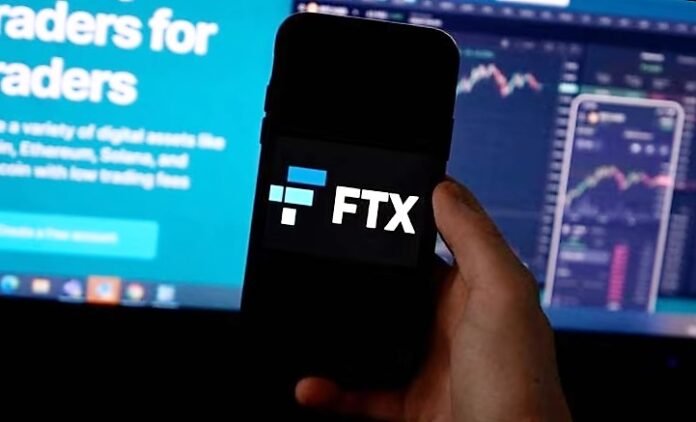The Aftermath of the Collapse
In the wake of the collapse of not one, but three crypto-friendly lenders in the US last month, cryptocurrency companies are now seeking banking partners, creating a growing risk of concentration in smaller financial institutions. This development has raised concerns among regulators about the safety and soundness of bank business models that are highly focused on crypto clients, thereby requiring banks to be extra cautious about liquidity risks that could arise from crypto-related deposits. Despite the crypto market’s growth, mainstream banks have become increasingly wary of crypto clients following a series of high-profile collapses and a lack of regulations, leading to an inherent dilemma for crypto companies.
The Impact on Small Crypto Start-Ups
For smaller crypto start-ups, securing a banking partner has become an even more arduous task, leaving them with little choice but to seek out smaller financial institutions, many of which operate in the more remote corners of global finance. This, however, presents a significant concentration risk that necessitates firms to apply the appropriate level of risk management and monitoring to ensure compliance with regulatory requirements.
The Policies of Top Banks
Top banks are taking a hard stance on working with cryptocurrency companies. Several banks are currently turning away most potential crypto-related customers, and those that do work with them are only partnering with top-tier firms. JP Morgan Chase is declining any clients that are primarily crypto-based worldwide, except for a few selected firms. Bank of New York Mellon examines any crypto company that wants to become a customer, but has very strict vetting processes and has only taken on clients on a case-by-case basis. ING has taken a passive stance towards crypto firms, stating that its exposure to such companies is limited because it does not target or actively focus on crypto firms.
Larger Cryptocurrency Companies
Although several top banks are wary of the cryptocurrency industry, some of the largest cryptocurrency companies still have continuing relationships with US banks. For example, Circle stores a portion of its reserves with Customers Bank, while Gemini custodies the reserves for its stablecoin at State Street Bank and Goldman Sachs. Coinbase, a leading cryptocurrency exchange, discloses that it deposits customer funds at Cross River Bank, as well as JP Morgan Chase.
Conclusion
Crypto companies need access to banks to hold customers’ dollar deposits and for day-to-day business activities. However, due to the heightened money-laundering risk in the crypto sector and a lack of robust crypto regulation, banks are often cautious about working with them. This has left digital asset companies with limited options, forcing them to seek out smaller financial institutions, some of which operate in remote corners of global finance. Despite the challenges, crypto companies must ensure that they apply adequate risk management and monitoring measures and adhere to regulatory requirements to protect the safety and soundness of the banking industry.
Google News | Telegram
















